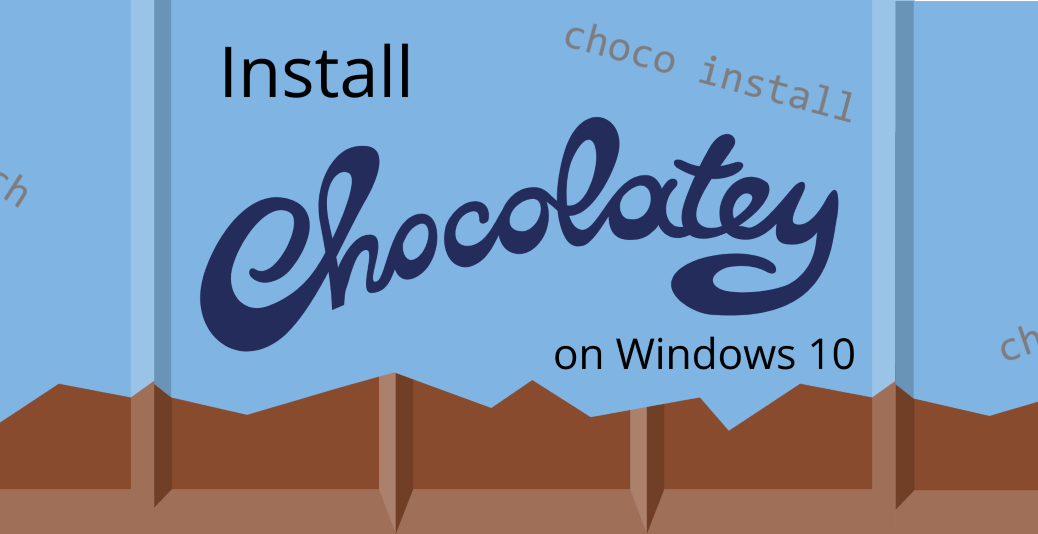

I say favorite because it is flexible, powerful, and native to every version of Windows going back several generations.

Luckily, as with most things Microsoft, there are multiple ways to complete a task, and performing patch management can be leveraged against repositories, third-party management suites, and my personal favorite PowerShell (PS). Between a combination of the number of patches made available, previously missed or corrupt updates that may act as dependencies for newer updates, bandwidth considerations, and those using the devices to accomplish their work, the task can easily overwhelm even the most seasoned IT pro. While not a daunting task itself, keeping Microsoft applications up to date becomes increasingly more difficult and time-consuming as the device count increases. SEE: Windows 10 Start menu hacks (TechRepublic Premium) Any IT professional is surely intimately familiar with "Patch Tuesday," or Microsoft's predetermined slot when they release the latest updates for all their software applications, making them available on their catalog servers that feed individual devices with the metadata required to locate and download the newest fixes. Windows 11: Tips on installation, security and more (free PDF)Īdministering Windows updates is a cornerstone of any systems administrator tasked with managing Windows computers.



 0 kommentar(er)
0 kommentar(er)
